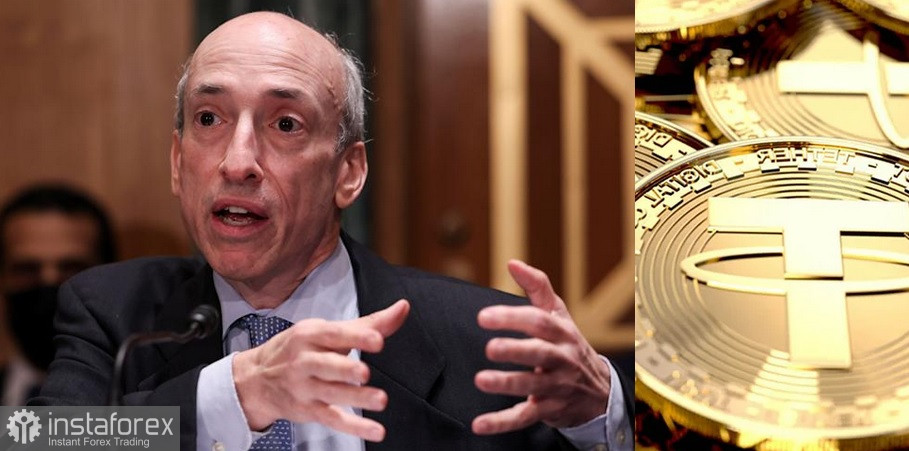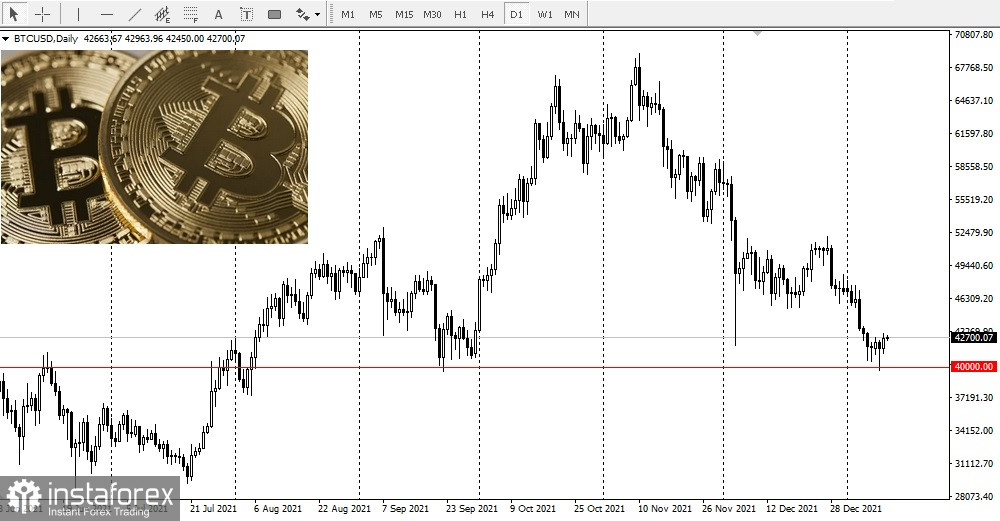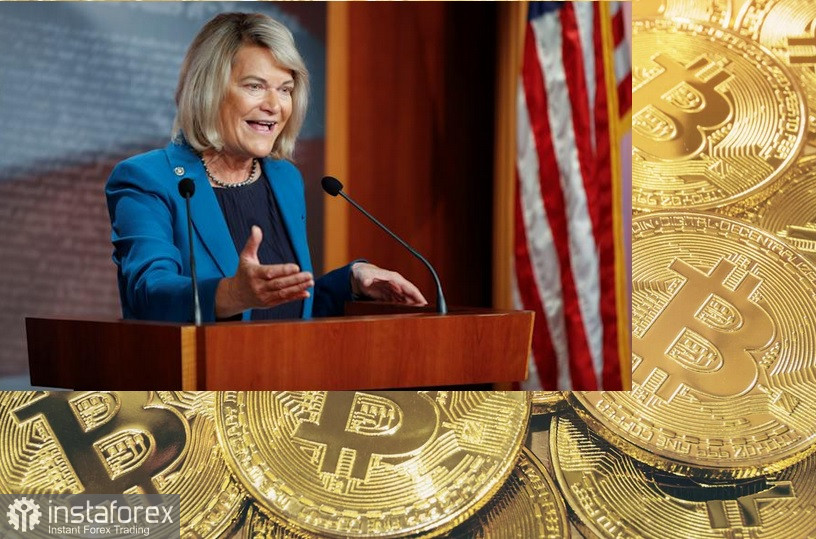
The head of the Americas of the Amber Group, Jeffrey Wang, said that regulation continues to put pressure on cryptocurrencies. However, he is also encouraged that the Securities and Exchange Commission (SEC) is pushing for clearer rules on what will be allowed.
 Wang expects increased regulation this year, especially regarding stablecoins.
Wang expects increased regulation this year, especially regarding stablecoins.
He believes that there will be more retail investors who will learn about stablecoins, understand how they work, start trading them, and receive more income from them than from fiat money. This is the reason why it will be more regulated.

Last fall, the President's Working Group on Financial Markets recommended that stablecoins be issued only by banks, and instructed Congress to develop a new framework for regulating stablecoins.
At the same time, the group instructed regulators to act within the existing authority to regulate stablecoins. Some analysts say this gives SEC Chairman Gary Gensler the ability to regulate stablecoins in the same way as money market funds.
According to Gensler's statement and opinion, stablecoins and many aspects of cryptocurrencies meet the requirements for classification and regulation as securities.
Last month, Senate Banking Committee Chairman Sherrod Brown said that he was open to the possibility of issuing stablecoins only to insured depository institutions, that is, banks.
However, he said that stablecoins should be included in the banking system and regulated in accordance with the current banking rules, at a minimum, and stablecoins issuers should be transparent about their reserves. Brown and his staff are currently considering the possibility of introducing a bill on stablecoins and are consulting with regulators.
Proposed legislation:

Senator Cynthia Lummis, one of the avid supporters of Bitcoin, will introduce a cryptocurrency regulation bill aimed at fully integrating digital assets into the financial system.
Her bill proposes to create a new agency for the regulation of cryptocurrencies under the joint jurisdiction of the CFTC and the SEC. It will also provide guidance on which assets belong to which asset class and propose new rules for cryptocurrency taxation and consumer protection.
In the coming weeks, Treasury is also likely to reveal more of its thoughts on who will be considered a crypto broker under the infrastructure bill passed by Congress last year. This will include information about any capital gains or losses to the IRS.
 English
English 
 Русский
Русский Bahasa Indonesia
Bahasa Indonesia Bahasa Malay
Bahasa Malay ไทย
ไทย Español
Español Deutsch
Deutsch Български
Български Français
Français Tiếng Việt
Tiếng Việt 中文
中文 বাংলা
বাংলা हिन्दी
हिन्दी Čeština
Čeština Українська
Українська Română
Română

